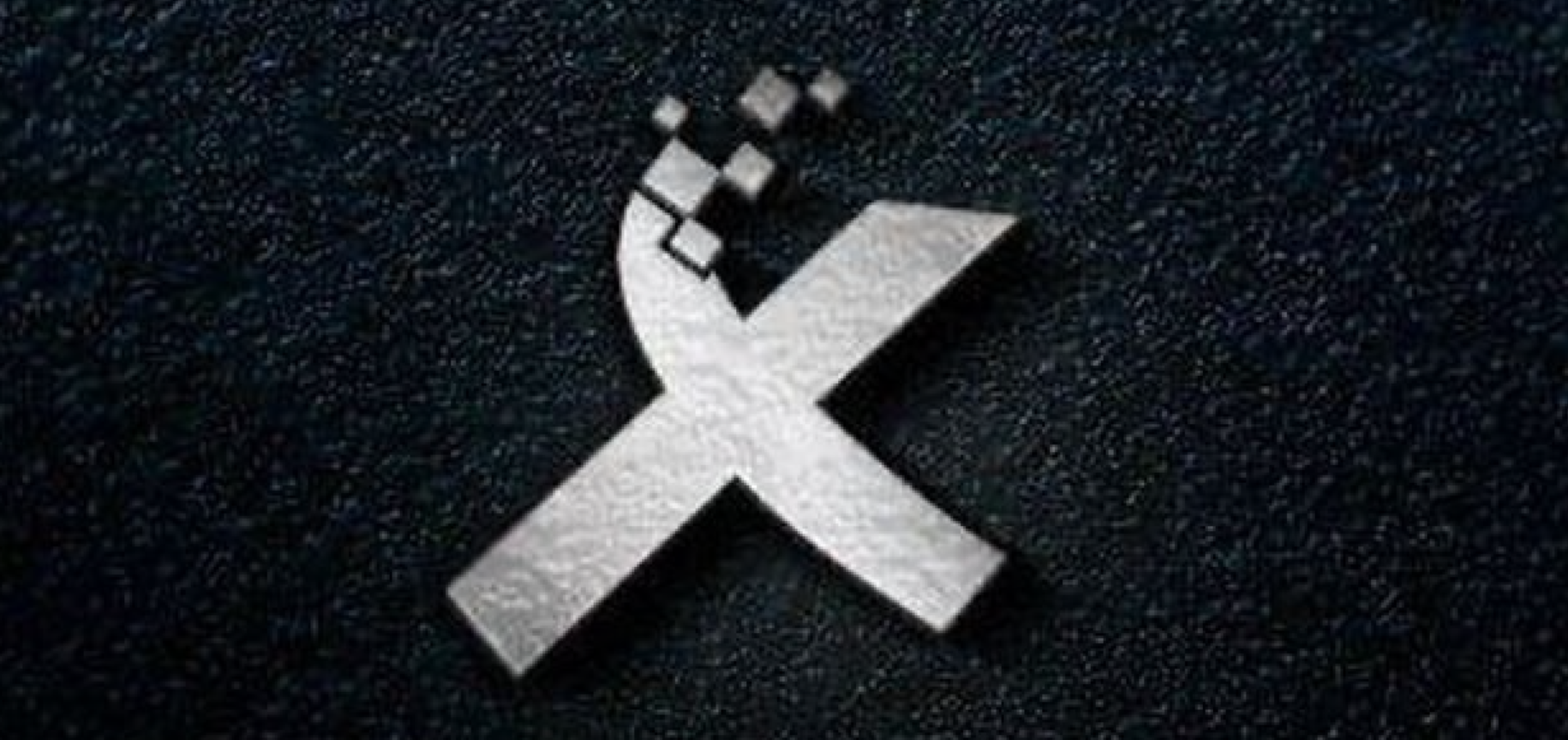AI is driving down the price of knowledge – universities have to rethink what they offer
-
This post did not contain any content.
-
This post did not contain any content.
more like monetizing the Dunning Kruger effect.
-
more like monetizing the Dunning Kruger effect.
That comment is pure gold and I am archiving it for future use.
-
This post did not contain any content.
Universities have not been in the business if monetizing knowledge for decades, if not centuries.
Knowledge has been easy to access for a LONG time. Universities give you access to a well constructed curriculum, competent teachers, and a certificate you actually learnt the material somewhat decently.
American universities are too expensive, yes, but American anything means you pay more and you get less, so singling out universities is missing the forest for a tree (even if arguably one of the biggest of those trees)
-
Universities have not been in the business if monetizing knowledge for decades, if not centuries.
Knowledge has been easy to access for a LONG time. Universities give you access to a well constructed curriculum, competent teachers, and a certificate you actually learnt the material somewhat decently.
American universities are too expensive, yes, but American anything means you pay more and you get less, so singling out universities is missing the forest for a tree (even if arguably one of the biggest of those trees)
Insightful. I think what happened with tuition was that universities were actually undercharging until around 1980, when they realized they could charge a lot more and people would still pay it, so they did. In America there's a prevailing mindset that the economy boomers grew up in was normal, and today's economy is stunted. The economy of the 1950s and 60s was actually an anomalous boom, like a bumper crop. Today's economy is what it would have been decades ago if the business world had risked charging higher prices and paying lower wages back then, instead of waiting for an excuse like COVID. Kind of a harsh realization.
-
Insightful. I think what happened with tuition was that universities were actually undercharging until around 1980, when they realized they could charge a lot more and people would still pay it, so they did. In America there's a prevailing mindset that the economy boomers grew up in was normal, and today's economy is stunted. The economy of the 1950s and 60s was actually an anomalous boom, like a bumper crop. Today's economy is what it would have been decades ago if the business world had risked charging higher prices and paying lower wages back then, instead of waiting for an excuse like COVID. Kind of a harsh realization.
My understanding was that the law was changed in the US so student loans couldn't be wiped by bankruptcy, and the government then increased how much it could loan due to the security. Tuitions rose to meet the new supply.
-
My understanding was that the law was changed in the US so student loans couldn't be wiped by bankruptcy, and the government then increased how much it could loan due to the security. Tuitions rose to meet the new supply.
It is still possible to discharge student loans in bankruptcy in the US. It does require meeting a more stringent test than other unsecured debt for loans that covered tuition specifically, but the large majority of people who seek relief through bankruptcy get it. Last I looked it was more than 90% get at least some relief.
-
This post did not contain any content.
AI provides no knowledge and only makes its users dumber for relying on it. Don’t we have enough SciFi episodes out there to have already learned this lesson?
-
-
-
Russland geht gegen die deutschen Entwickler des E2E-verschlüsselten Messengers Delta Chat vor
Technology 1
1
-
-
-
Developer Collective of Peertube, the fediverse youtube alternative is doing a Ask-Me-Anything on lemmy.
Technology 1
1
-
-
Xinbi: The $8 Billion Colorado-Incorporated Marketplace for Pig-Butchering Scammers and North Korean Hackers
Technology 1
1




